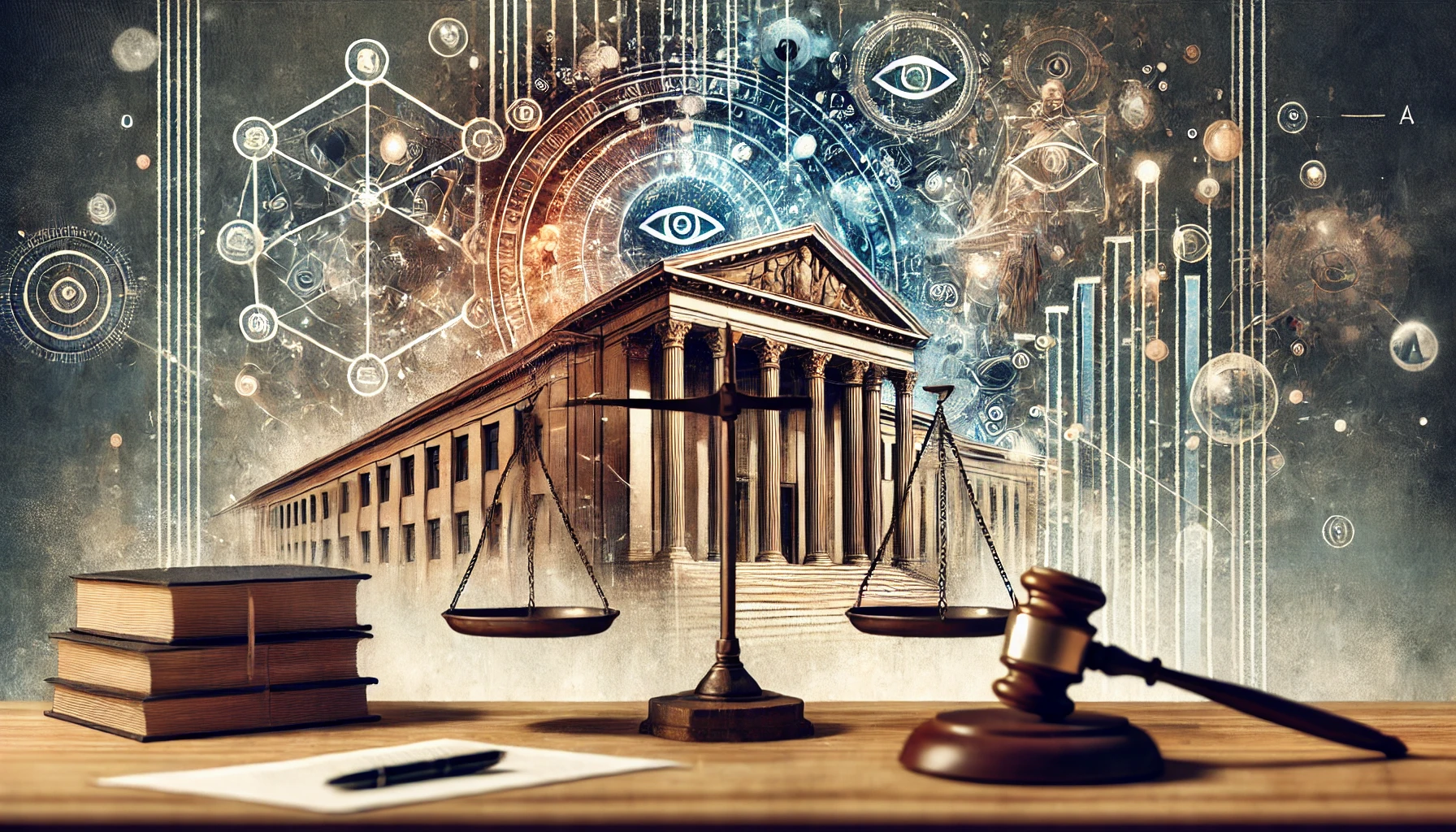In the realm of metaphysical education, the University of Metaphysical Sciences lawsuit has sparked significant interest and debate. Known for its unique focus on spiritual and metaphysical teachings, the University has faced legal scrutiny that raises questions about the legitimacy and operations of institutions offering alternative educational paradigms. This article delves into the lawsuit, exploring its implications for students, educators, and the broader metaphysical community.
What is the University of Metaphysical Sciences?
The University of Metaphysical Sciences (UMS) stands as a pioneer in metaphysical education, offering degrees in areas like spiritual counseling, energy healing, and metaphysical philosophy. Its mission focuses on empowering individuals to explore higher consciousness and spiritual growth. However, as the demand for alternative education has grown, so have questions about its legal and academic legitimacy.
Origins and Evolution of UMS University of Metaphysical Sciences Lawsuit
- Founded with the goal of bridging metaphysical studies and formal education.
- Offers online and distance learning programs for global accessibility.
- Includes courses covering diverse topics, from meditation to esoteric philosophy.
Despite its ambitious goals, institutions like UMS often find themselves under legal and academic scrutiny due to their unconventional methodologies.
Key Details of the University of Metaphysical Sciences Lawsuit
The lawsuit against UMS highlights critical legal and educational challenges faced by alternative learning institutions. Understanding the context and claims surrounding the case is essential to grasp its broader implications.
Allegations and Legal Claims
- Questions about accreditation and the validity of offered degrees.
- Concerns regarding compliance with state and federal education laws.
- Accusations of misleading marketing practices targeting spiritual seekers.
UMS’s Defense
- Advocates for the uniqueness of metaphysical education.
- Asserts compliance with applicable laws while emphasizing its spiritual mission.
- Highlights testimonials from students who report transformative personal growth.
Why Metaphysical Education Faces Legal Challenges University of Metaphysical Sciences Lawsuit
The metaphysical field is inherently abstract, often operating outside traditional academic standards. This creates tension between the aspirations of metaphysical universities and regulatory bodies.
Key Reasons for Disputes
- Lack of Universal Standards: Metaphysical sciences lack standardized curricula.
- Accreditation Issues: Many alternative schools operate outside conventional accreditation frameworks.
- Consumer Protection: Authorities aim to prevent misleading practices.
The Legal Landscape for Alternative Educational Institutions
The UMS lawsuit reflects broader concerns about alternative educational entities. Here’s what the legal framework entails:
Accreditation Requirements
- Accredited institutions must meet stringent criteria set by recognized bodies.
- Non-accredited entities face limited recognition in professional or academic contexts.
Consumer Advocacy and Protection
- Laws exist to ensure clarity and transparency in marketing educational services.
- Misrepresentation of degree validity can lead to legal actions.
Impacts of Legal Precedents
Cases like the UMS lawsuit set important precedents for similar institutions, potentially reshaping how metaphysical and alternative education is offered.
Impact on Current and Prospective Students
Students enrolled in or considering programs at UMS may face significant uncertainty due to the ongoing lawsuit.
Common Concerns Among Students
- Recognition of Degrees: Uncertainty about whether UMS qualifications will hold value in the job market.
- Credibility of Education: Potential doubts about course quality and authenticity.
- Financial Implications: Risk of investing in programs that might face future legal challenges.
How UMS is Addressing Student Concerns
- Offering reassurance about the transformative benefits of its courses.
- Continuing operations during legal proceedings to minimize disruptions.
- Encouraging students to focus on the personal growth aspects of their education.
Broader Implications for Metaphysical Education and University of Metaphysical Sciences Lawsuit
Beyond UMS, this lawsuit has implications for the entire metaphysical education sector.
Challenges Faced by the Industry University of Metaphysical Sciences Lawsuit
- Balancing spiritual authenticity with legal compliance.
- Gaining acceptance within mainstream academia.
- Ensuring ethical practices while maintaining accessibility.
Opportunities for Growth and Legitimacy
- Collaboration with Accrediting Bodies: Enhancing credibility through partnerships.
- Transparent Marketing Practices: Building trust with prospective students.
- Advocacy for Recognition: Working to create new standards for metaphysical education.
What Does This Mean for the Future of UMS?
The outcome of the University of Metaphysical Sciences lawsuit will likely influence the institution’s trajectory and the broader acceptance of metaphysical studies.
Possible Outcomes
- Enhanced regulations leading to more stringent operational requirements.
- Increased awareness and scrutiny of metaphysical education institutions.
- A push for standardized accreditation pathways tailored to metaphysical studies.
Strategies for Adaptation University of Metaphysical Sciences Lawsuit
UMS and similar organizations may need to adapt by:
- Revisiting Curricula: Ensuring compliance while maintaining spiritual integrity.
- Strengthening Legal Frameworks: Collaborating with legal and academic experts.
- Promoting Success Stories: Highlighting the positive impacts of their programs.
How to Evaluate Metaphysical Education Providers
For those exploring metaphysical studies, it is essential to assess institutions critically.
Considerations for Prospective Students
- Accreditation: Verify whether the institution is recognized by credible bodies.
- Reputation: Research reviews and testimonials from alumni.
- Degree Validity: Understand how the qualifications are perceived in professional or academic settings.
- Transparency: Evaluate the clarity and honesty of marketing materials.
- Costs vs. Benefits: Consider the financial and personal value of the program.



